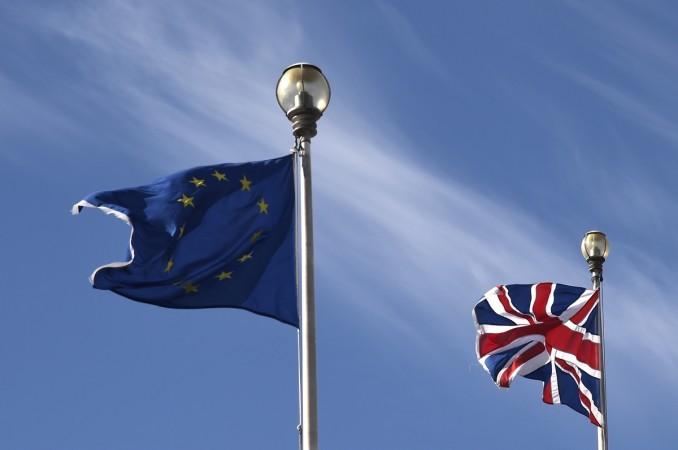
As opposed to what the Organisation for Economic Cooperation and Development (OECD) and other big agencies assessed and warned of somewhat dire consequences on the UK's economy in case the country opts to step out of the European Union (EU), a majority of the British people would like to see Britain out of the zone and do not see the move impacting personal their lives.
An ICM poll conducted for the Guardian shows that approximately 52% respondents favour Britain's exit (Brexit) and about 58% believe that their personal standard of living will remain unaffected.
In another poll recently conducted by agency Ipsos Mori, for the Financial Times, more than half of the British respondents feel neutral about the Brexit impact on their personal lives. According to a report by the Guardian, more than half (56%) of the 4,000 people surveyed in the Mori poll think that foreign direct investment (FDI) could be hit over the next five years, while one in every three think unemployment could rise if Brexit gets a yes vote.
In sharp contrast, the OECD data points out risks posed by Brexit in terms of real gross domestic product (GDP) loss, rising income inequality and lower wage growth over productivity across the UK, Europe and certain emerging economies.
Another policy paper by OECD on Brexit warned that Brexit would be akin to a tax on GDP that would not be incurred if the UK remained in the European Union. The country's economy would be hit by tighter financial conditions, weaker confidence and higher trade barriers. The OECD predicted that by 2020, the UK's GDP would be over 3% smaller than with continued EU membership, and by 2030, GDP would be over 5% lower than otherwise.
Meanwhile, a Markit survey of over 600 purchasing managers also pointed to a sluggish growth in Britain's manufacturing sector. The report noted that 8% of the respondents feel Brexit could be "strongly detrimental" to their businesses.
The report highlighted job losses for the fifth consecutive month in May, especially in the weaker performing capital goods industry, while demand in consumer and intermediate goods industry led to an increase in employment.
Outlook among investors revealed a clear departure from the views of the majority of British natives. Around 80 British Indian businessmen also expressed their concern in an open letter, as reported by the Economic Times, citing Brexit's double negative impact on FDIs and domestic businesses.
However, former journalist Boris Johnson, Surrey MP Michael Gove and former Director General of British Chambers of Commerce John Longworth strongly pitched for Brexit, citing greater sovereignty and regulations favouring Britain in order to engage in free trade.








